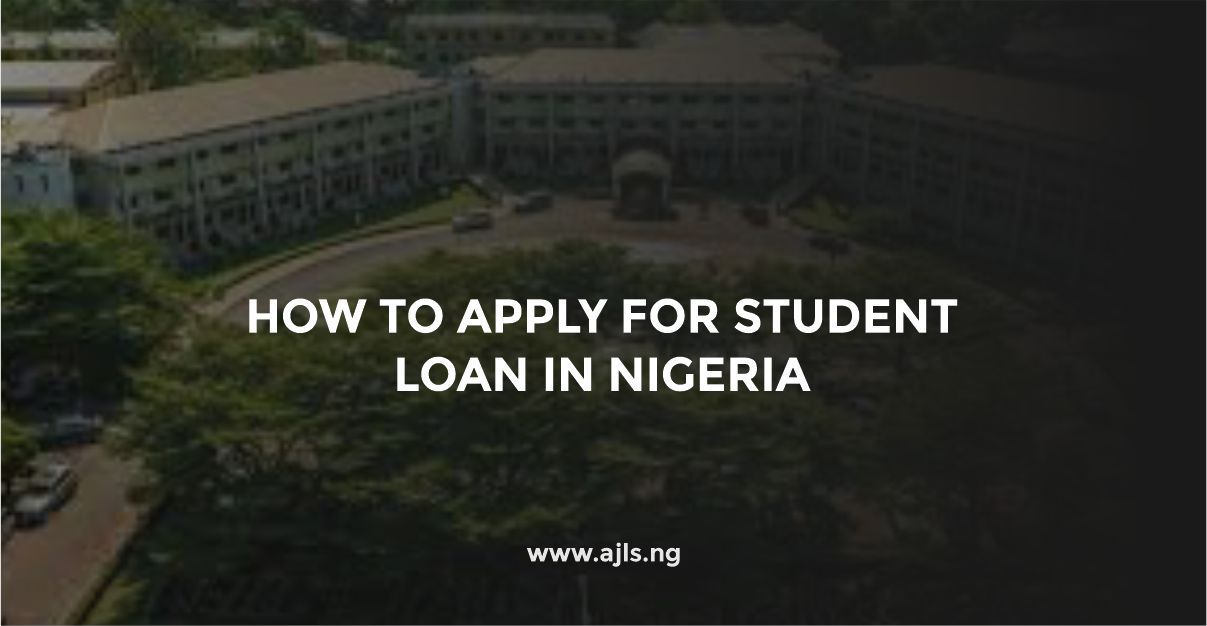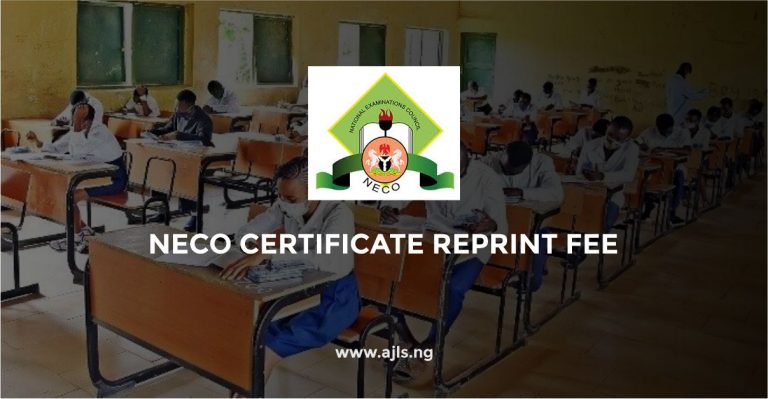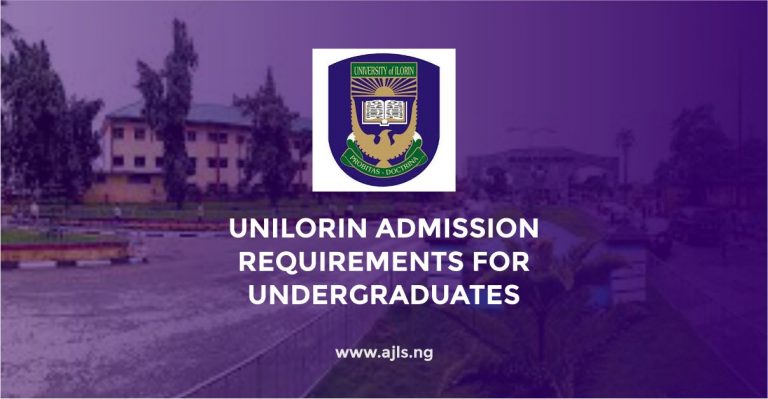How To Apply For Student Loan In Nigeria

Education in Nigeria can be expensive, and many students struggle to afford tuition, accommodation, and other academic expenses. For some, these challenges can even delay or halt their education. To address this issue, the Nigerian government has made provisions for student loans to support those in need. One of the major initiatives in this regard is the Nigerian Education Loan Fund (NELFUND), a student loan program designed to help eligible students finance their higher education.
NELFUND provides financial assistance to students in universities, polytechnics, and colleges of education, ensuring that financial constraints do not hinder academic success. As of January 2025, the scheme has already disbursed over ₦116.184 billion, supporting more than 108,000 students across the country. These loans come at no extra cost and beneficiaries aren’t expected to pay interest.
If you are a Nigerian student facing financial difficulties and need support, you should consider applying for this loan. It can go a long way in easing the stress of worrying about tuition fees, study materials, and other essential costs. Read on to learn more about this loan, who is eligible, how to apply, and how to repay it after your studies.
Who Is Eligible For The Student Loan?
Not everyone is eligible for the NELFUND student loan, so before applying for a Federal Government student loan application form, you need to make sure you meet the requirements. This loan is specifically meant for Nigerian students who genuinely need financial support to continue their education. To qualify:-
- You must be a Nigerian citizen. The loan is strictly for Nigerian students studying in approved institutions within the country.
- You must be admitted into a public university, polytechnic, college of education, or vocational school. If you are enrolled in a private institution, you are not eligible.
- Your institution must be recognized and have uploaded your details on the NELFUND dashboard. If your school has not done this, you won’t be able to apply.
- You must have the required documents:
- Admission letter from JAMB.
- National Identity Number (NIN).
- Bank Verification Number (BVN).
If you meet all these requirements, you can apply for the NELFUND loan and get the financial support you need to complete your studies.
How to Apply For a Student Loan in Nigeria
These are the steps you are to follow if you are interested in applying for the loan via the student loan registration portal:-
- Start by visiting the official NELFUND student loan portal at www.nelf.gov.ng. This is where you will find all the necessary information and the online application form.
- Once on the website, look for the loan application section. This will direct you to the form where you will enter your details and upload the required documents.
- Fill out the application form carefully, ensuring that all information provided is accurate and up to date. Any mistakes could delay your application or lead to disqualification.
- As part of the application process, you will need to provide the following:
- Admission letter from JAMB
- National Identity Number (NIN)
- Bank Verification Number (BVN)
- Make sure all documents are clear and valid before uploading them to avoid rejection.
- Before submitting, double-check every detail to ensure there are no errors. Once you are confident everything is correct, apply through the portal.
- After submission, keep checking your email and the NELFUND portal for updates on your application status.
After submission, your application will go through a review process. If it is approved, NELFUND will handle the disbursement in two ways:-
- Tuition fees will be sent directly to your institution to cover your academic expenses.
- Upkeep allowance will be deposited into your personal bank account to help with your daily living costs.
How to Repay the NELFUND Student Loan
The law states that individuals are required to start repaying the loan two years after completing their National Youth Service (NYSC).
- If the borrower is employed, the government will deduct 10% of their salary every month until the loan is fully repaid.
- If the borrower is self-employed, they must remit 10% of their monthly profit to the Education Bank until the loan is fully settled.
Anyone who refuses to repay the loan will face penalties, legal action, and possible damage to their credit score, as stated on the NELFUND website.
Additionally, according to the Act, defaulters may be fined ₦500,000, sentenced to two years in prison, or face both penalties.
Share this post with others who might be interested in applying for this loan and if you have questions, we are more than willing to answer them. Reach out to us in the comments with your questions.





